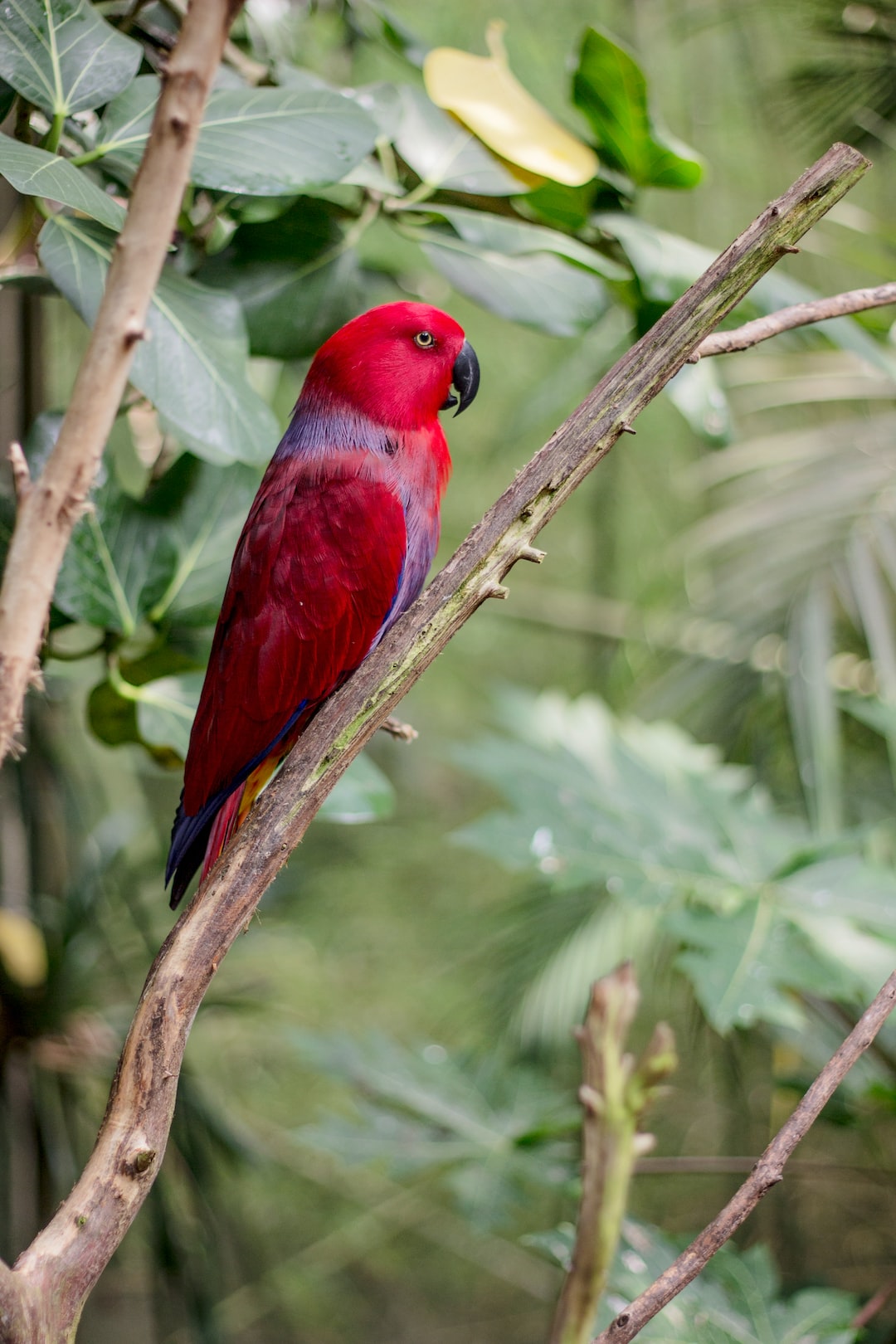From Farm to Fork: The Ethics of Animal Agriculture
Animal agriculture has been a practice that has sustained human civilizations for centuries. It plays a significant role in our food production system, providing us with essential nutrients and sustenance. However, with the rise of animal welfare concerns and increased awareness of the environmental impact of this industry, the ethics of animal agriculture have come into question.
One of the primary ethical concerns surrounding animal agriculture is the treatment and welfare of animals. Factory farming, a system that prioritizes efficiency and profit, often leads to crowded and unsanitary conditions for animals. The use of confinement systems such as cages and crates restricts their movement and natural behaviors, leading to physical and psychological distress. These practices have sparked debates regarding the moral responsibility we hold towards the animals we raise for slaughter.
Many argue that the way animals are treated in the agriculture industry disregards their intrinsic value and sentient nature. Advocates for animal rights argue that animals deserve to be treated with respect and dignity, free from unnecessary suffering. They emphasize the importance of providing animals with proper living conditions, access to sunlight, fresh air, and the ability to engage in natural behaviors. This approach seeks to address the inherent cruelty often associated with factory farming.
Another ethical concern relates to the impact of animal agriculture on the environment. The production of animal-based products requires vast amounts of resources, including land, water, and feed. The industry contributes significantly to deforestation, water pollution, and greenhouse gas emissions. Additionally, the use of antibiotics and hormones in animal agriculture has raised concerns about the potential for antibiotic resistance and the transmission of diseases to humans.
The ethical dilemma lies in balancing the nutritional benefits provided by animal-based foods with the environmental consequences that accompany their production. Some argue that transitioning to a plant-based diet can help mitigate the environmental impact, as plant-based foods generally require fewer resources to produce. They advocate for a shift towards sustainable agriculture methods that promote biodiversity, reduce chemical inputs, and minimize waste.
However, it is important to consider the cultural and socioeconomic aspects of animal agriculture as well. Livestock farming has been an integral part of many communities around the world, serving as a source of livelihood and cultural identity. For these communities, the ethical concerns surrounding animal agriculture must be balanced with the economic and social implications of transitioning away from this industry. This calls for finding sustainable solutions that integrate both animal welfare and the preservation of cultural heritage.
The rise of alternative agricultural practices has also contributed to the ethical discourse surrounding animal agriculture. Organic farming, pasture-raised systems, and regenerative agriculture are gaining popularity as they prioritize animal welfare and environmental sustainability. These methods aim to provide animals with more natural living conditions and minimize the use of chemicals and antibiotics. However, questions remain as to whether these practices can meet the increasing global demand for food while ensuring the welfare of animals and the environment.
Finding common ground and promoting a more ethical approach to animal agriculture requires interdisciplinary collaboration among farmers, scientists, policymakers, and consumers. It involves considering the perspectives of all stakeholders and exploring innovative solutions that strike a balance between ethical considerations and practicality. This may include implementing stricter animal welfare regulations, investing in research and technology to improve farming practices, and encouraging consumer choices that prioritize sustainable and humane food options.
Ultimately, the ethics of animal agriculture require us to reflect on our relationship with animals and the environment. It calls for a shift towards a more conscientious and sustainable approach that respects the dignity and wellbeing of animals, while also considering the nutritional needs of human populations. By engaging in open and informed discussions, we can work towards a future where ethical animal agriculture coexists with a healthy planet and thriving communities.
